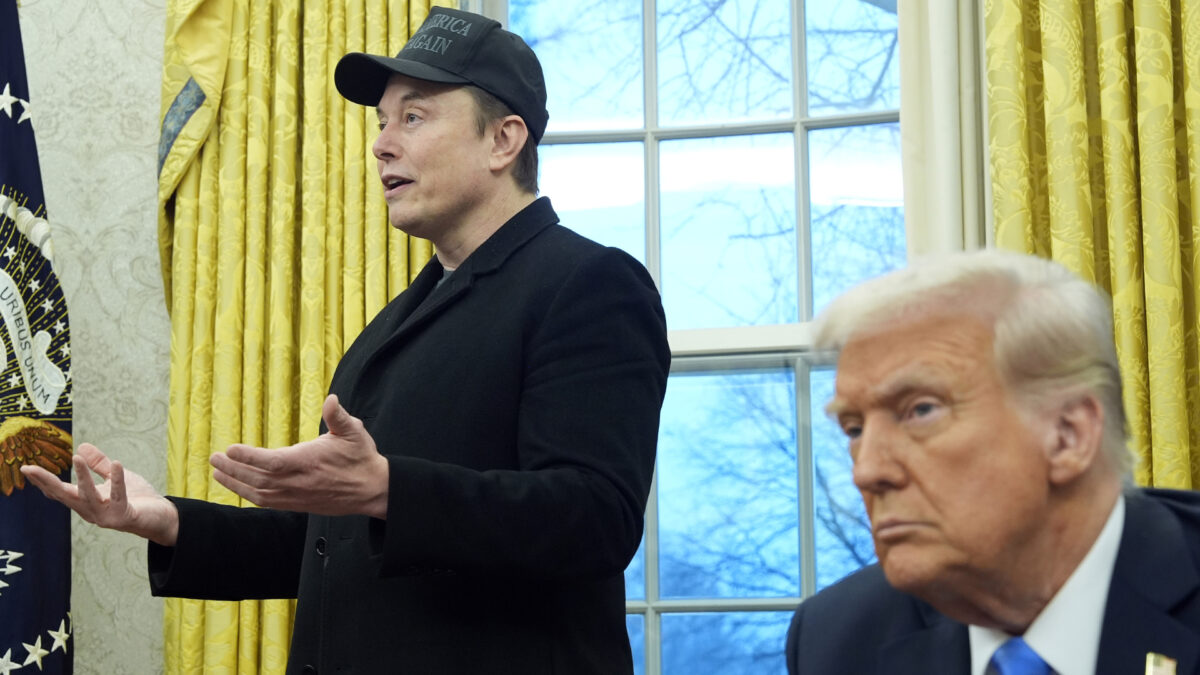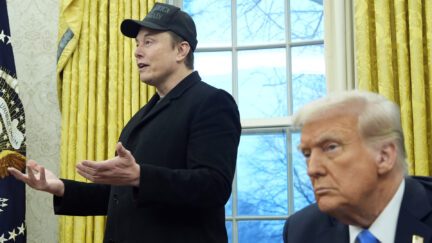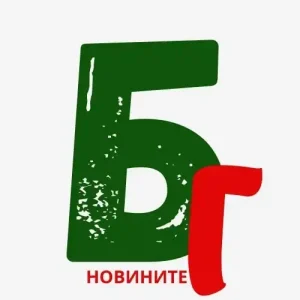
AP Photo/Alex Brandon
America may soon get a closer look at Elon Musk’s level of access to the government connected to his federal contracts and his short-lived stint with DOGE, after a federal judge in New York granted a summary judgment motion to The New York Times regarding its public records request for a list of Musk’s security clearances — and Musk’s own public comments are a major reason why.
The viral image of Musk literally holding up a chainsaw on stage swiftly became a symbol for his critics, who accused him and “Department of Government Efficiency” (DOGE) of metaphorically attempting to chainsaw vast swaths of the federal government, often in violation of the U.S. Constitution and federal law. Numerous lawsuits were filed in response to DOGE’s activities, some seeking to block or restrict the budget cuts or employment terminations and others that sought access to public records about the activities of Musk and others working on the DOGE effort with him.
One such lawsuit was filed by the Times in the U.S. District Court for the Southern District of New York, requesting a two-page document that listed any security clearances granted to Musk.
Both the Times and the Trump administration filed motions for summary judgment — a legal procedure that entails the court evaluating the pleadings and evidence before trial. As established by the Federal Rules of Civil Procedure, if the judge finds that there is “no genuine dispute as to any material fact and the movant is entitled to judgment as a matter of law,” then summary judgment is granted to that party. Summary judgment can be granted for an entire complaint, rendering a verdict for the plaintiff or dismissing the case for the defendant, or partially. Here, the Times was only seeking this one single document, so that was the sole matter in dispute.
In the 21-page opinion by Judge Denise Cote, a Clinton appointee, she evaluates the response by the Defense Counterintelligence and Security Agency (DCSA), an agency within the Department of Defense to a Freedom of Information Act request by the Times, refusing to provide the list of Musk’s security clearances on the grounds it would “invade Musk’s privacy,” rejecting the DCSA’s argument and ordering the document to be released, pending an additional review for specific redactions.
The DCSA is “the largest provider of background investigative services in the federal government and its work includes adjudicating security clearance applications for federal government employees and contractors,” wrote Cote, before going into detail about the factors DCSA considers and the types of clearances with possible conditions or waivers the agency might grant.
Musk’s company SpaceX has been “awarded numerous contracts” by the federal government for years, making it “one of the largest federal contractors,” Cote continued, and it “is not disputed that SpaceX handles sensitive government information,” including its subsidiary Starlink, which contracts with the government to provide satellite-based internet services for the U.S. military.
The judge highlighted multiple public comments by Musk saying he had “a top secret security clearance” and other clearances, as well as his posts on his social media platform X of “issues relevant to [DCSA security clearance review] topics, including his personal drug use and contacts with foreign leaders.” Specifically, ketamine is classified as a Schedule III controlled substance by the Drug Enforcement Administration and the federal application for security clearances “directs applicants to disclose whether they have used ketamine in the last seven years.”
Musk has a prescription for ketamine and has also said he has used marijuana; news reports by the Times, The Wall Street Journal, and other media outlets have cited multiple sources saying he has recently used other prescription and recreational drugs, including Ecstasy, Adderall, LSD, and psychedelic mushrooms.
The Times filed a Freedom of Information Act (FOIA) request seeking “a list of security clearances” for Musk, including “any details about the extent and purview of each of the clearances.” The Gray Lady and DCSA battled back and forth for months through the first few months of President Donald Trump’s second term, with DCSA insisting Musk was “still a private citizen” and the Times arguing that Musk was no longer a private citizen but a special government employee.
The judge rejected both of the FOIA exemptions that DCSA had argued justified withholding the two-page document. “Undisputed record evidence establishes that neither exemption applies because the substantial public interests in disclosure
outweigh any cognizable privacy interest Musk holds,” she wrote.
This list of security clearances was not related to personally sensitive matters like medical records, the judge reasoned, and Musk himself had waived any secrecy surrounding his security clearances and relevant factors like his drug use by publicly mentioning them and posting on X to his millions of followers. The narrow focus of the Times’ request also weighed in favor of disclosure.
The judge also noted “there are at least two significant public interests at play…knowing whether the leader of SpaceX and Starlink holds the appropriate security clearances” and “in understanding the thoroughness, fairness, and accuracy of government investigations and operations.”
“Musk’s numerous public statements regarding his own drug use and contacts with foreign leaders only enhance the public interest in disclosure,” wrote Cote, citing the DCSA’s “duty of ‘continuous vetting’ to ensure that individuals granted security clearances ‘continue to meet clearance requirements and should continue to hold positions of trust.’”
The judge did grant the Trump administration until Oct. 17 to propose specific redactions to the two-page document “to the extent any detail in the document invades Musk’s personal privacy beyond the issues discussed [in the opinion],” for the court to review.
The post Judge Grants NYT’s Demand for List of Elon Musk’s Security Clearances, Citing His Own Public Admissions first appeared on Mediaite.














